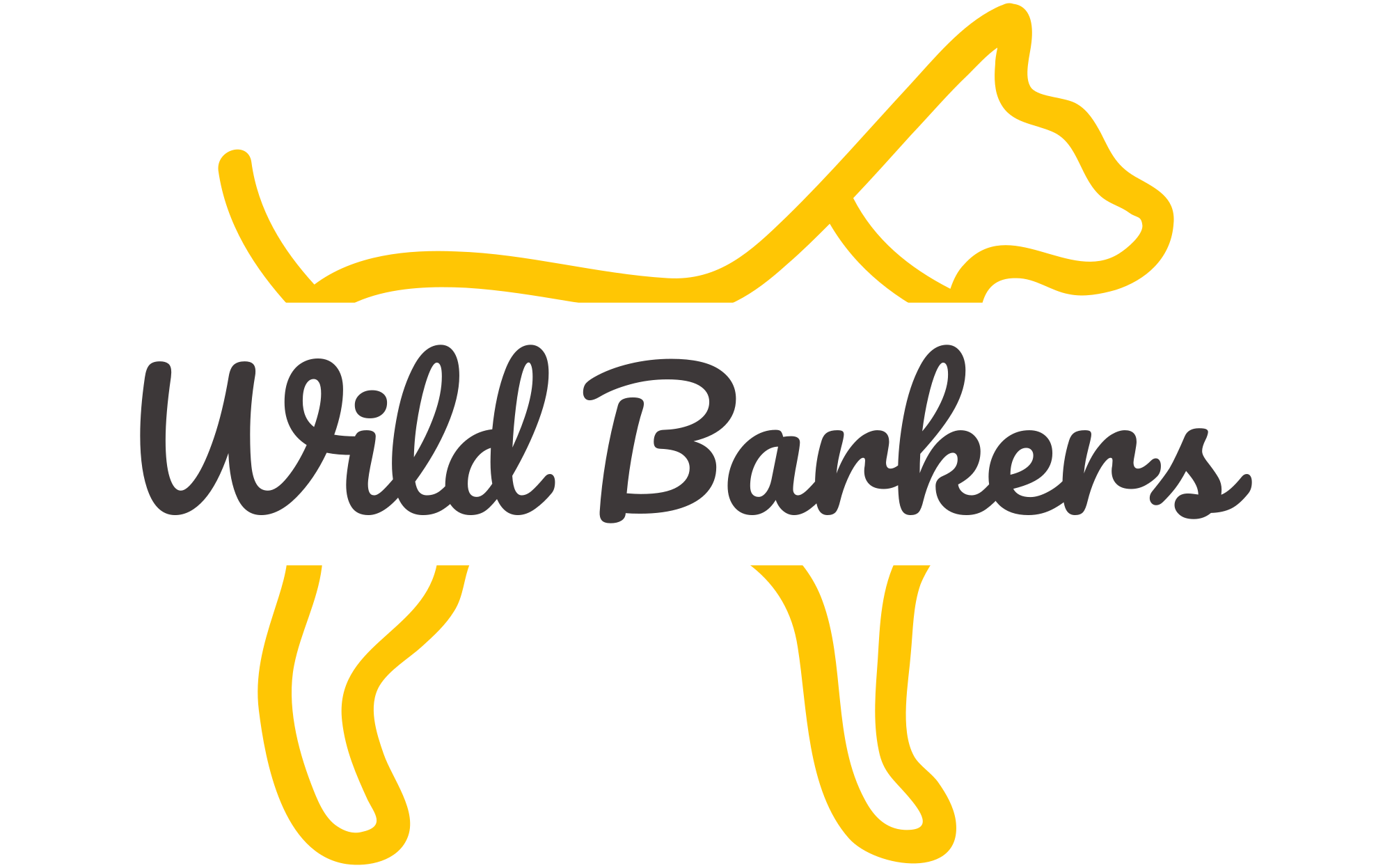
Can dogs eat custard? No, dogs should not have custard, although it will not likely be fatal for them. Custard contains lactose, saturated fats, and sugars, all of which are not good for your dog’s health because it can cause stomach upset, weight gain, and dental problems.
What Should I Do If My Dog Eats Custard?
1. Check the list of ingredients for anything toxic such as chocolate or xylitol. Then try to determine how much your dog has eaten. Next, give your veterinarian a call.
2. If there is nothing dangerous in the ingredient list, the main issue would be a reaction to the dairy. If you see any of the following symptoms, call your veterinarian.
- Vomiting
- Diarrhea
- Fever
- Muscle tremors
Busy? Get Your Hands Paws On The Answers Quickly…
- Common Ingredients In Custard and the Benefits and Risks To Dogs
- Alternative Sauces For Dogss
- Sweet Dog Treat Recipes
- FAQs
COMMON INGREDIENTS IN CUSTARD AND THE BENEFITS AND RISKS TO DOGS

Double Cream? Maybe – NOT RECOMMENDED
Some dogs eat dairy without any problems, but other dogs may have a hard time digesting milk products. This is because dogs don’t have high amounts of the lactose digestion enzyme, lactase. Milk is not toxic to dogs; it is just not recommended.
Risks Of Double Cream:
- Gastric upset
Whole Milk? Maybe – NOT RECOMMENDED
With dairy products, some dogs will end up with a stomach ache, diarrhea, or vomiting from drinking whole milk and similar products.
Risks Of Whole Milk:
- Gastric Upset
Egg Yolks? Yes – SAFE
Overall, eggs are safe for dogs. They are very nutritious, high in protein, and contain amino acids. Eggs contain many nutrients from the yolk to the shell to the egg whites. But eggs should only be enjoyed by dogs in small amounts.
Benefits Of Egg Yolks:
- High in protein, fatty acids, and amino acids
- May help calm an upset stomach
- Good source of calcium
Risks Of Egg Yolks:
- High in cholesterol
- May contribute to obesity if the dog eats a lot of eggs
- If fed raw egg, there is a risk of salmonella
Corn Flour? Yes – SAFE
Corn flour is usually used in baking or to thicken ingredients, and it is entirely safe for dogs. Your dog’s food or treats might even have cornflour in it! That being said, there are no nutritional benefits to your dog eating corn flour.
Caster Sugar? Maybe – NOT RECOMMENDED
Natural sugars from fruit (fructose) are safe for your dog, but caster sugar is not healthy for them. A dog who eats a diet high in sugar is at risk for obesity, diabetes, teeth problems, and other health concerns. Watch out for artificial sweeteners as these can be toxic to dogs.
Risks Of Caster Sugar:
- Obesity
- Diabetes
- Cavities
- Depression
Vanilla Extract? Maybe – NOT RECOMMENDED
Vanilla extract is usually made containing high amounts of alcohol, which does not easily break down in the dog’s tummies. Plus, if they have too much vanilla extract, they are at risk for alcohol poisoning. Some vanilla extract is alcohol-free (it is made with vegetable glycerin instead), which is safe for your dog.
Risks Of Vanilla Extract:
- Gastric upset
- May cause breathing troubles in high amounts
Butter? Maybe – NOT RECOMMENDED
Butter is not toxic to dogs, but it has zero nutritional benefits and is high in fat. It also contains a lot of lactose, which your dog may have a hard time digesting.
Risks Of Butter:
- Gastric upset
- Weight gain
Nutmeg? No – TOXIC
Nutmeg contains myristicin, which is a toxin that can lead your dog having stomach issues. A dog would need to eat a considerable amount of nutmeg to experience more severe side effects.
Risks Of Nutmeg:
- Gastric upset
- High blood pressure
- Seizures
- Disorientation
Cinnamon? Yes – SAFE
Cinnamon is usually tolerated very well by dogs. It is full of antioxidants. However, if cinnamon comes in contact with your dog’s skin, you may see some signs of irritation.
Benefits Of Cinnamon:
- Contains anti-inflammatory properties
- Help regulate blood sugar
Risks Of Cinnamon:
- May cause skin irritation
- May cause gastric irritation
ALTERNATIVE SAUCES FOR DOGS
Plain Yogurt
As long as your dog does not have a dairy intolerance, plain yogurt is a good option for your dog. It can help if they have an upset stomach, and it is beneficial because of the high amounts of calcium and protein. Try giving your dog a small amount of plain yogurt for a yummy treat.
Applesauce
Apple sauce is a good, sweet treat for your pup because apples are high in fiber, vitamins, and antioxidants. It’s best to feed your dog applesauce that has no added sugar, color, or preservatives, or even try making your own applesauce. You can even add a little bit of applesauce on top of their meal for a special treat.
Peanut Butter
Peanut butter is an excellent treat for dogs, and it can be hidden into a Kong toy for a fun activity or game for your dog. Peanut butter is full of protein, vitamins, and healthy fats, all of which are good for dogs.
SWEET DOG TREAT RECIPES
If your dog has a bit of a sweet tooth, there are some fun recipes that you can make at home that are better for them than custard.
Sweet Potato Dog Biscuits, inspired by All Recipes
Ingredients:
- 1 sweet potato
- 2 cups (256g) whole wheat flour
- 1/4 cup (62g) applesauce
- 2 eggs
Directions:
1. Preheat the over to 350 F degrees (176 degrees C).
2. Poke the sweet potato a few times with a fork.
3. Put the sweet potato in the microwave and heat until it is tender, around five or six minutes.
4. Cut the warm sweet potato in half and scoop the flesh out. You can then discard the skin.
5. In a small bowl, mash the sweet potato until it is mushy and then take about 1 cup of that potato and put it into another bowl.
6. In the bowl with the 1 cup of sweet potato, add the whole wheat flour, applesauce, and eggs. Mix all the ingredients until you have a dough-like substance.
7. Put the dough on a lightly flowered surface and roll the dough out until it is about an inch thick.
8. Use cookie cutters to cut out fun shapes and place the treats on an ungreased baking tray.
9. Bake the treats until they are crisp, which takes about 35 to 40 minutes. Let the treats cool on the tray for ten minutes before moving them onto a wire rack.
10. Allow to cool before serving
Yogurt Banana Treats, inspired by BellyFull
Ingredients:
- 1 3/4 (490g) cups plain yogurt
- 1 banana
- 1 tbsp dog-safe peanut butter
Directions:
1. Cut the banana into small slices, put the banana, the peanut butter, and the yogurt in a food processor. Mix in the food processor until it is blended and creamy.
2. Pour the mixture into silicone molds or patterned ice cube trays.
3. Place the molds or trays into a freezer until they are solid.
4. Release the treats from the molds or trays, and they are ready to be enjoyed!
FAQS
Can dogs eat custard ice cream?
No. Custard ice cream is not a great snack for dogs. Although it is not fatal, the dairy could give them some stomach issues, and it contains high amounts of sugar, which is not suitable for a dog’s health either.
Can dogs eat custard creams?
No. Custard creams are incredibly high in sugar, so they should not be consumed by dogs. In the short term, high amounts of sugar can cause hyperactivity, depression, and agitation, and in the long term can cause serious health problems like diabetes, obesity, and dental problems.
Can dogs eat custard tarts?
No. Custard tarts have a lot of sugar, which dogs do not need in their diet. They may also cause stomach upset.
Can dogs eat custard apple?
No. Custard apples are potentially toxic to dogs, especially if they get ahold of the seeds. If your dog has eaten part of a custard apple, contract the vet immediately, and make sure that they stay hydrated.
Can dogs eat cream?
No. Since cream is a dairy product, and lactose in the cream may be hard for your dog to digest, if your dog eats cream, they may have diarrhea, vomiting, or stomach pains.
Looking for more pawsome posts? Check these out…
Beach Essentials For Dogs
How To Make A Snuffle Mat
When Do Puppies Lose Their Teeth?
Why Do Dogs Roll In Poop?
Can You Spay A Dog In Heat?
Disclaimer: Each dog is different, and every circumstance is different. All efforts have been made to provide accurate information. However, it is not provided by a qualified Veterinarian, Veterinarian Surgeon, or Behaviorist. The information provided is purely educational. The information should not be used as an alternative or substitute for medical care. If you have any health or medical concerns, contact a qualified Veterinary Surgeon or Veterinarian immediately.










No Comment! Be the first one.